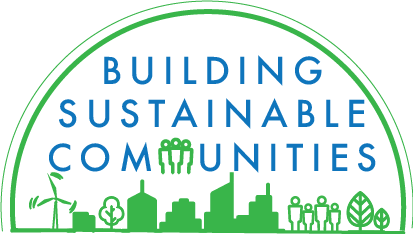The historical patterns of war and violence suggest that the world is, in general, becoming more peaceful. However, recent downward trends in armed conflict paint a different picture. Since 2010, while interstate conflict has remained low, conflict within states has been increasing sharply. For instance, more countries were experiencing some form of conflict in 2016 than at any time in the previous 30 years.
To ensure stable and secure war-to-peace transitions, governments and international agencies employ “disarmament, demobilization, and reintegration,” or DDR , as one of their primary instruments that facilitate combatants’ transition to civilians and reduce their incentive to take up arms again.
DDR approaches were originally conceived to support the dismantling of formal and organized armed forces as part of an orderly peace settlement. Since then, DDR has evolved in step with the evolving nature of armed conflict – from an approach based on formal peace agreements to one focused on sustaining peace.
Since its first reintegration project in Uganda in 1992, the World Bank has supported more than 23 countries in their war-to-peace transitions through 27 development projects. In the last two decades, the Multi-Country Demobilization and Reintegration Program (MDRP) and Transitional Demobilization and Reintegration Program (TDRP) multi-donor trust funds coordinated financing from 14 donor organizations, and partnered on implementation with 21 regional bodies, United Nations agencies, and civil society organizations.
The World Bank has been the primary source of investments in DDR programs, whether through regional funds or in direct assistance to specific countries. The Global Program for Reintegration Support (GPRS) has been established as a mechanism to sustain and advance the World Bank’s engagement in this realm.
In this edition, World Bank Practice Manager Aly Rahim joins Senior Social Development Specialist and GPRS Leader Daniel Owen to provide an overview of the World Bank’s work on the economic and social reintegration of ex-combatants, how to integrate human rights into DDR, and the frontiers of the global DDR work. We hope you enjoy!
This video blog is part of the “Social Development – Tackling Fragility, Conflict, and Violence in Africa” blog series.
READ MORE:
- Countering violent extremism and helping ex-combatants: New trends and approaches
- New Beginnings for Ex-Combatants in Rwanda - World Bank Group
- Assessing the Reintegration of Ex-Combatants in the Context of Instability and Informal Economies: The Cases of the Central African Republic, the Democratic Republic of Congo and South Sudan
- Subscribe to our Sustainable Communities newsletter
- Follow @WBG_Cities on Twitter




Join the Conversation